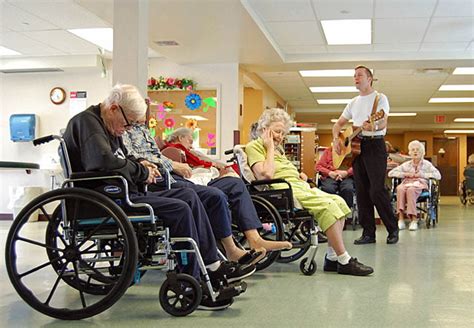Story by Brett Arends
Who knew getting a good night’s sleep each night was this important?
Poor sleep quality turns out to be the one of the biggest risk factors for ending up in a nursing home, according to new research conducted among over 125,000 senior citizens in Australia.
Those who got a good night’s sleep — defined as between seven and nine hours a night — were 23% less likely to end up in a nursing home than those who got fewer than five hours’ sleep or those who slept for 11 or more hours a night.
Among the risk factors identified by the medical researchers, only smoking was worse than bad sleep habits. Smokers were two times as likely to end up in a nursing home as nonsmokers.
A healthy diet, exercise and so on were all good, of course. But sleeping well was even better.
The research, conducted by the University of Sydney, is being published in the peer-reviewed Journal of Epidemiology and Community Health. Participants were first surveyed between 2006 and 2009 and were all over the age of 60 at the time. Researchers then followed up with them a decade or so later, with a median interval of 11 years and a maximum of 14.
About 18% of those surveyed were in a nursing home when the researchers came back. But there were big differences between groups.
Those who had the least healthy lifestyles when surveyed for the first time were 43% more likely to end up in a nursing home than those who had the healthiest lifestyles.
Or, to put the same numbers the other way around, those who lived the healthiest lifestyles were 30% less likely to end up in a nursing home.
What constituted a healthy lifestyle? As always, diet and exercise were the keys.
When it came to diet, healthy typically meant eating lots of fresh fruit and vegetables, plenty of fish and very little red or processed meat. Two servings of fruit and five servings of vegetables a day, and three servings of fish a week, got you full marks.
As for exercise: It wasn’t just what you did that counted, but what you didn’t do.
Five hours of “moderate to vigorous exercise” per week got you credit. But so did sitting for fewer than seven hours a day. So going for walks may be as good as going to the gym, but sitting around is lethal: More than nine hours a day of sitting counts as high risk.
And then there’s sleep.
This was by no means the first study to point out the health benefits of lifestyle. Good sleep may go a long way toward lowering our risk of dementia and other debilitating illnesses, as do healthy habits such as eating right and walking.
It’s yet another reminder that as we get older and medical treatments get more expensive, many of the best health interventions are cheap or even free — and are in our own hands.

